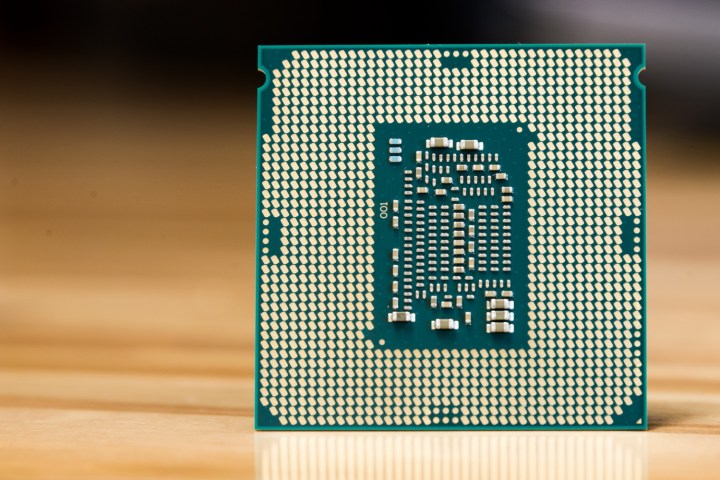
Intel is rolling out its seventh-generation, or Kaby Lake, architecture, which is focused more on efficiency than outright performance. However, Intel isn’t standing still in the face of Ryzen’s impending release, Hexus reports.
According to Canard PC, a French publication, Intel is planning to both adjust Kaby Lake pricing and push out some new versions directly in response to Ryzen. The new CPUs could be unlocked versions of both Core i7 and Core i5 Kaby Lake, as such:
- Intel Core i7-7740K, 4.3GHz with Turbo Boost up to 4.6GHz, a thermal design power rating of 100W, and with 8MB of L3 cache.
- Intel Core i5-7640K, 4.0GHz, TDP of 100W or more, 6MB of L3 cache, and support for Hyperthreading. This would be a first for recent Core i5 chips, which typically do not have Hyperthreading enabled.
AMD has not yet announced pricing for its Ryzen CPUs, and that will likely dictate how aggressively Intel adjusts its own cost structure for the Kaby Lake line. And, Intel will be releasing its own new generation Cannonlake architecture, which will be focused on switching to a new 10nm fabrication process and not necessarily on massive performance increases. In the meantime, it appears that Intel will be somewhat limited in its ability to respond to Ryzen.
We’re still not certain which of AMD’s new CPUs will be released the soonest and how long it will take the company to roll out the complete line including the highest-end parts. AMD will also be releasing its new Vega GPU architecture, meaning that Nvidia will face its own competitive pressures.
If you’re Intel or Nvidia, then AMD is giving you a headache about now. If you’re a PC gamer or anyone looking to build a high-performance machine, then you have good reason to be excited. Even if Ryzen isn’t your cup of tea, its mere presence in the market should force Intel and Nvidia to be that much more aggressive in rolling out their own improvements.



